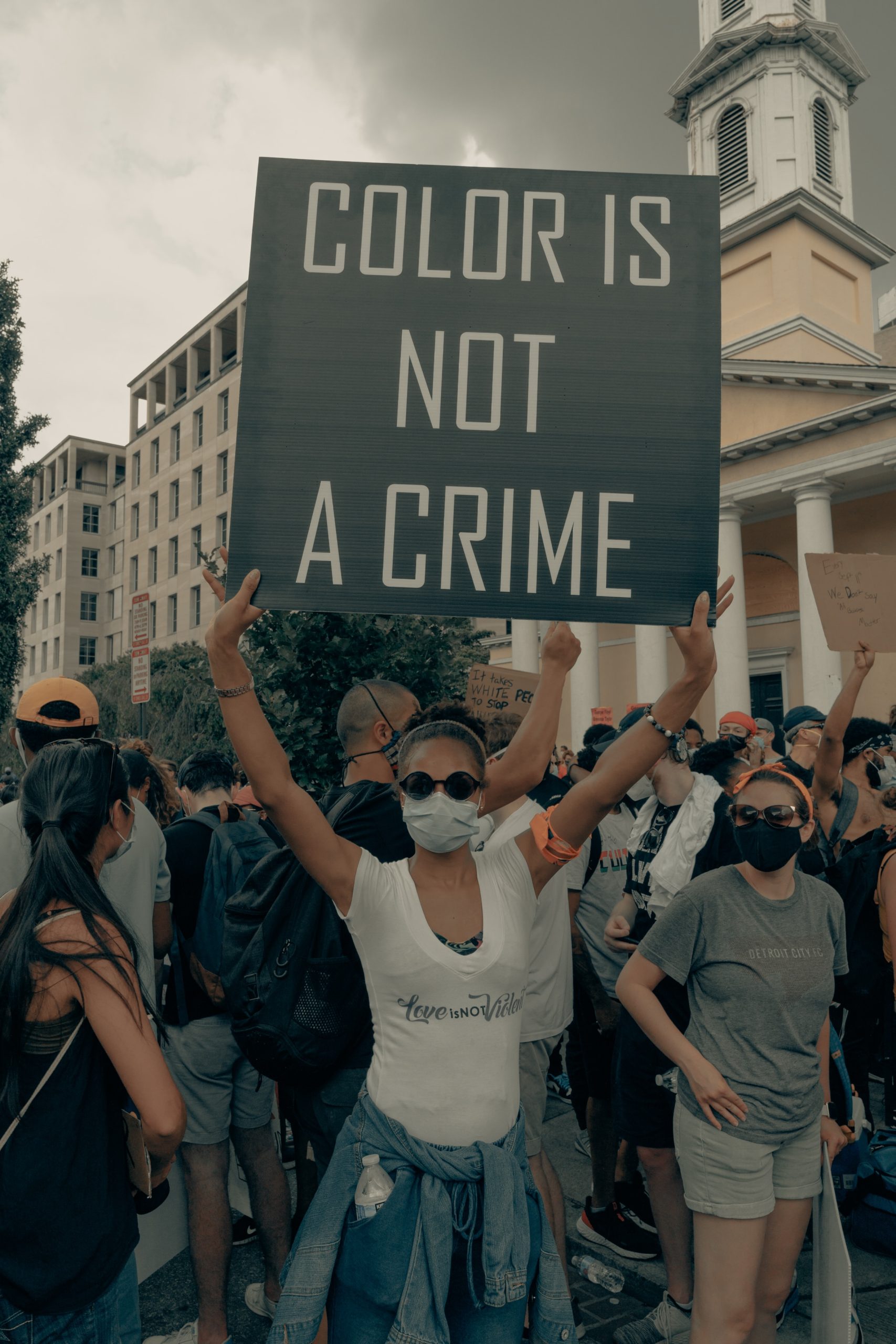Introduction
Citizen participation is a crucial aspect of democracy. It allows individuals to have a say in the decisions that affect their lives and communities. However, not all voices are heard equally. Historically marginalized groups, such as people of color, low-income individuals, and those with disabilities, have often been excluded from the decision-making process. To ensure equity and diversity in citizen participation, it is essential to empower these voices.
Why Equity and Diversity Matter
Equity and diversity are essential for a healthy democracy. When all voices are heard, the decisions made are more representative of the community as a whole. This leads to better outcomes and greater trust in the decision-making process. Additionally, when marginalized groups are empowered, they are more likely to engage in civic life and become active participants in their communities.
Barriers to Equity and Diversity
There are many barriers to equity and diversity in citizen participation. One of the most significant is a lack of access to information. Many marginalized communities do not have access to the same resources and information as more privileged groups. This can make it difficult for them to understand the issues at hand and participate in the decision-making process.
Another barrier is a lack of representation. When decision-making bodies do not reflect the diversity of the community, it can be challenging for marginalized groups to feel like their voices are being heard. This can lead to a lack of trust in the decision-making process and disengagement from civic life.
Empowering Marginalized Voices
To empower marginalized voices, it is essential to address the barriers that prevent them from participating fully in the decision-making process. This can be done in several ways.
First, it is crucial to provide access to information. This can be done through community outreach, providing translations of materials, and ensuring that information is available in accessible formats.
Second, decision-making bodies must reflect the diversity of the community. This can be achieved through intentional efforts to recruit and retain members from marginalized communities.
Third, it is essential to create a welcoming and inclusive environment. This can be done by providing accommodations for individuals with disabilities, ensuring that meetings are held at accessible locations, and creating a culture of respect and inclusivity.
Conclusion
Empowering marginalized voices is essential for ensuring equity and diversity in citizen participation. By addressing the barriers that prevent marginalized communities from participating fully in the decision-making process, we can create a more representative and inclusive democracy. It is up to all of us to work towards this goal and ensure that all voices are heard.




